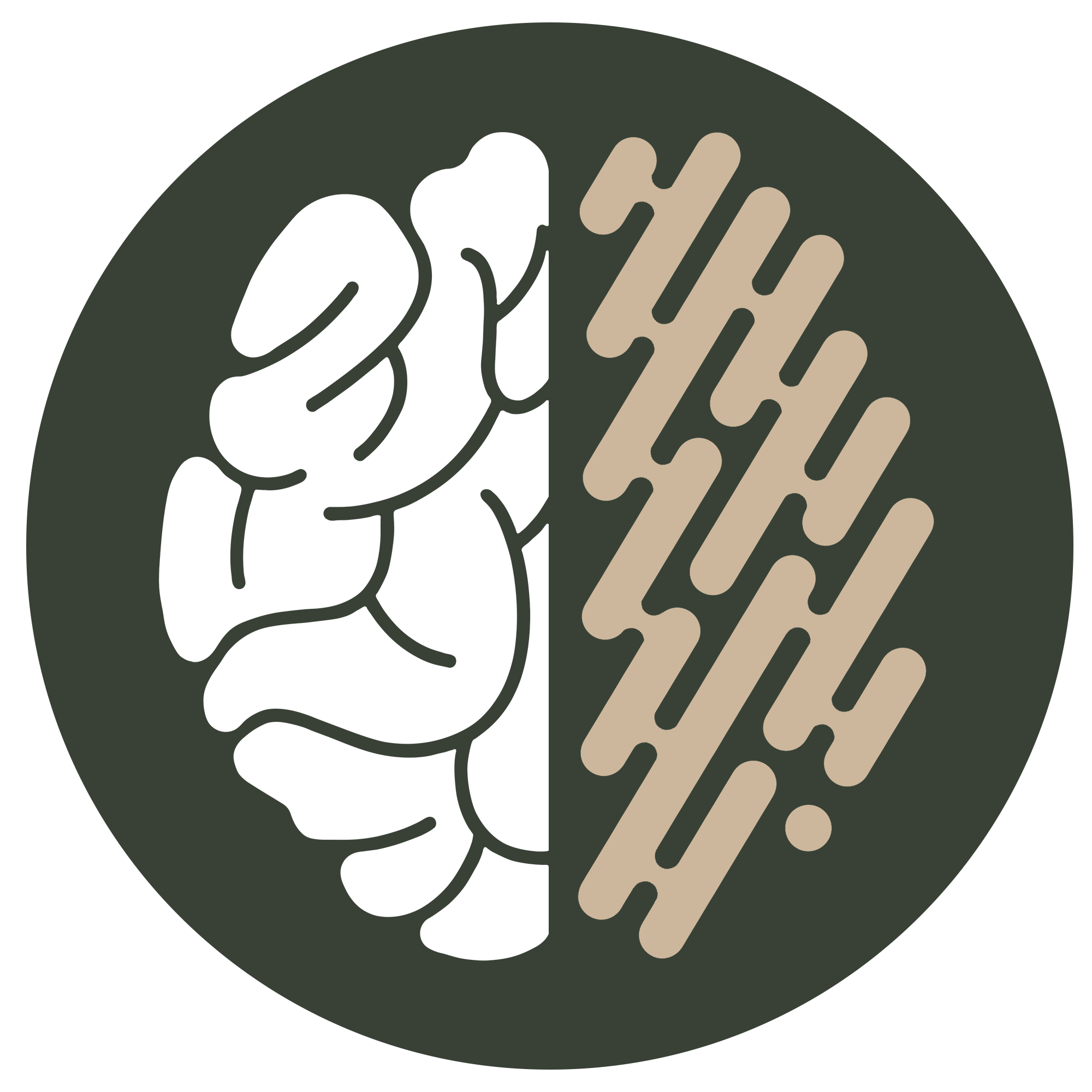The Rise of Neurodivergence Awareness | A Generational Shift Towards Inclusivity
In recent years, there has been a significant rise in the awareness of neurodivergent conditions like ADHD, autism, dyslexia, and others. However, much of the mainstream discourse still fails to grasp the gravity and complexity of this shift, often dismissing it as a temporary spike in diagnosis rates. A recent article described the rise in ADHD awareness as a “hump,” belittling the surge in waitlists and downplaying the systemic issues underlying this phenomenon.
To put things into perspective, around 200,000 people in the UK are currently waiting for a neurodivergence diagnosis. While this number may represent less than 3% of the total population, it reflects a broader, systemic issue of under-resourcing and lack of awareness within healthcare systems like the NHS. The eight-year waitlists for assessments are not a reflection of the entire country’s needs but are indicative of a critical resource gap.
A Generational Shift in Neurodiversity Awareness
Statistics show that 1 in 5 individuals you know will be neurodivergent. More strikingly, 53% of Gen Z identify as neurodivergent, and this demographic already makes up 15% of the workforce. These numbers signal a generational shift. Neurodiversity awareness is growing because our understanding of neurodivergence is finally catching up with the reality experienced by millions.
Fifty years ago, our collective understanding of neurodivergent conditions was rudimentary at best. Society lacked the resources and the information to identify and support these differences. Neurodiversity awareness was scarce, due to lack of information and limited communication. There was no internet, no instant access to a wealth of knowledge in the palm of our hands. Many neurodivergent individuals went undiagnosed and misunderstood, their behaviours attributed to character flaws or lack of discipline.
The global lockdowns over the past few years have also played a role in accelerating neurodiversity awareness. The extended isolation and the subsequent “return to work” forced individuals to confront aspects of their neurodivergence that they could previously mask. Masking, which is essentially a survival mechanism for many neurodivergent people, becomes more challenging over time, especially in environments that demand conformity.
To put things into perspective, around 200,000 people in the UK are currently waiting for a neurodivergence diagnosis. While this number may represent less than 3% of the total population, it reflects a broader, systemic issue of under-resourcing and lack of neurodiversity awareness within healthcare systems like the NHS. The eight year waitlists for assessments are not a reflection of the entire country’s needs but are indicative of a critical resource gap.
Understanding the Complexity of Neurodivergence
Neurodivergence is not about exhibiting “different behaviour.” It’s about having a fundamentally different way of processing information. The outdated stereotype of the hyperactive boy or the nonverbal autistic person only scratches the surface of neurodiversity awareness. The average age for ADHD diagnosis in men still sits drastically lower than the average age for women. This highlights a staggering difference that underscores the gender disparities in recognition and diagnosis.
This lack of understanding has historically contributed to a narrow view of neurodivergence. For many years, research was focused primarily on external behaviours rather than the internal experiences of neurodivergent individuals. As our knowledge expands, we are learning that neurodivergence manifests in a multitude of ways and that what might be a disabling condition in one environment can be a strength in another.
The Future of Work is Neurodiverse
This recognition dovetails with a larger cultural and generational shift. The traditional metrics of productivity, the remnants of the industrial era and Henry Ford’s assembly line, are no longer sufficient in today’s world. Modern workplaces are recognising that diversity in thought and experience is key to innovation and resilience. Neurodivergent individuals often bring unique perspectives and problem-solving abilities, which can be invaluable assets to any team.
The current wave of neurodiversity awareness is not a “hump” but an overdue shift in how we approach diversity. Organisations must adapt and future-proof their teams by embracing neurodiversity. It’s not just about being inclusive, it’s about harnessing the full potential of every individual. This shift involves rethinking workplace structures, adopting flexible practices, and creating environments where diverse minds can thrive.
Challenging the Narrative
The narrative around neurodivergence needs to change. Mainstream media must move beyond the notion of neurodivergence as a problem to be solved. Instead it should focus on the systemic issues that prevent equitable access to resources and support. The current 200,000 person waitlist is a symptom of a healthcare system struggling to catch up with the realities of neurodivergence. Articles that diminish this struggle fail to address the real crisis: the lack of adequate support and understanding for neurodivergent individuals.
At NeuroBridge, we believe that this shift is a crucial step towards a more inclusive society. We envision a world where neurodiversity is celebrated, not stigmatised. Where every individual has the opportunity to reach their full potential. The generational change we are witnessing is a testament to the growing recognition of the value that neurodivergent individuals bring to our communities and workplaces.
Neurodiversity Awareness is Not a Trend
It’s a necessary evolution in how we understand and support diverse minds. As organisations and society at large begin to embrace this diversity, we will see a workforce that is not only more inclusive but also more innovative and adaptable. The question is not whether awareness will continue to grow (because it will). But rather, how we will respond to this shift and create systems that support the future of work?
By acknowledging the limitations of our current systems and advocating for a more inclusive approach, we can ensure that neurodivergent individuals are not left waiting on the sidelines. It’s time to move beyond seeing this as a ‘hump’ and recognise it for what it truly is: a transformative movement towards a more inclusive and equitable future.
Discover how you can future-proof your workforce by fostering inclusivity and innovation.



